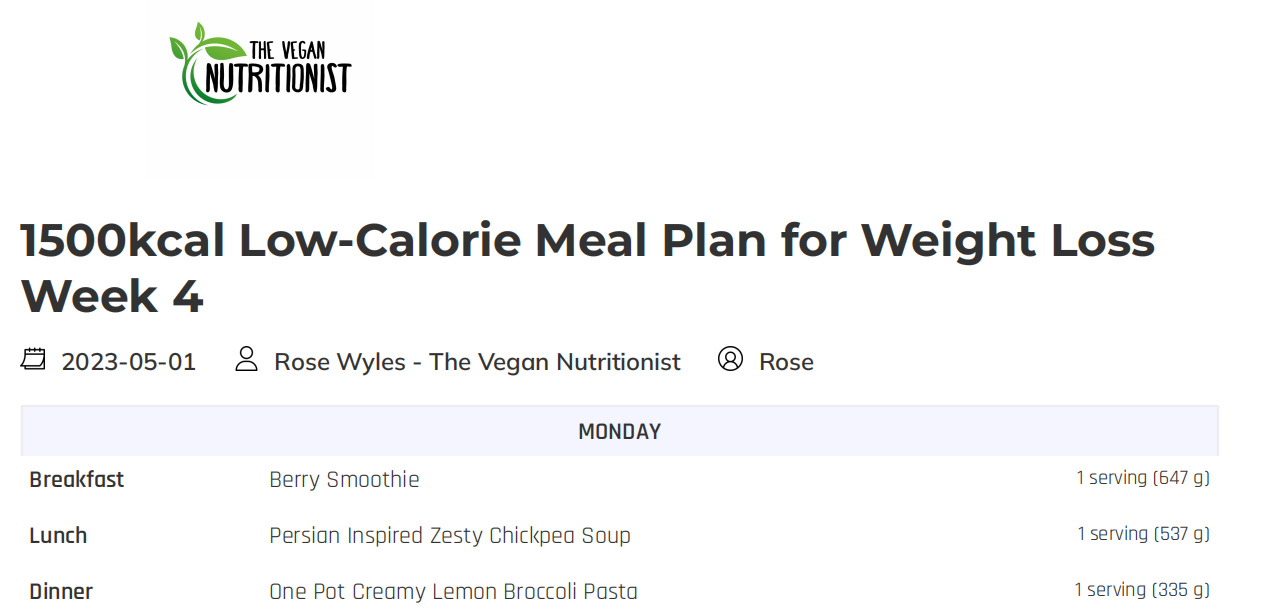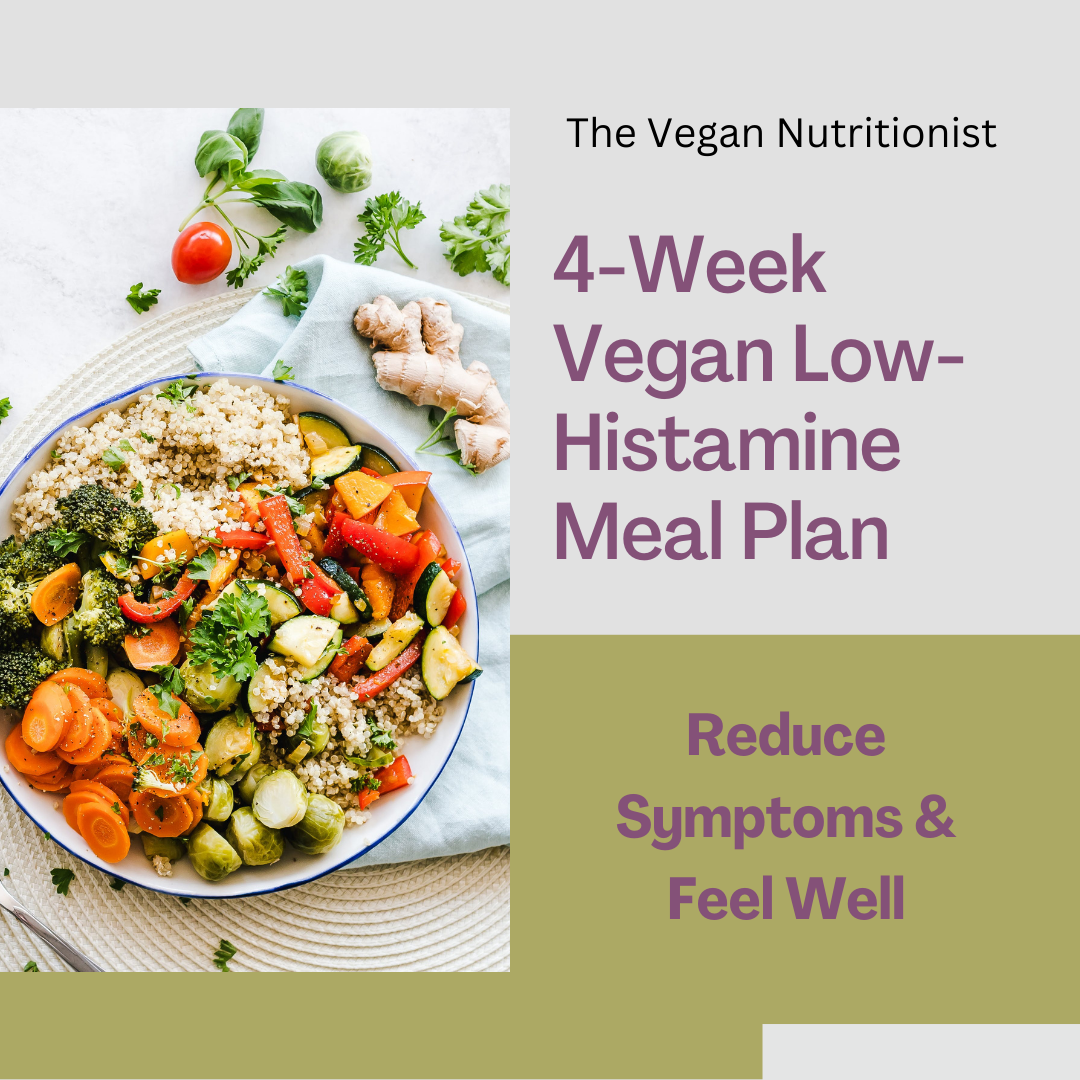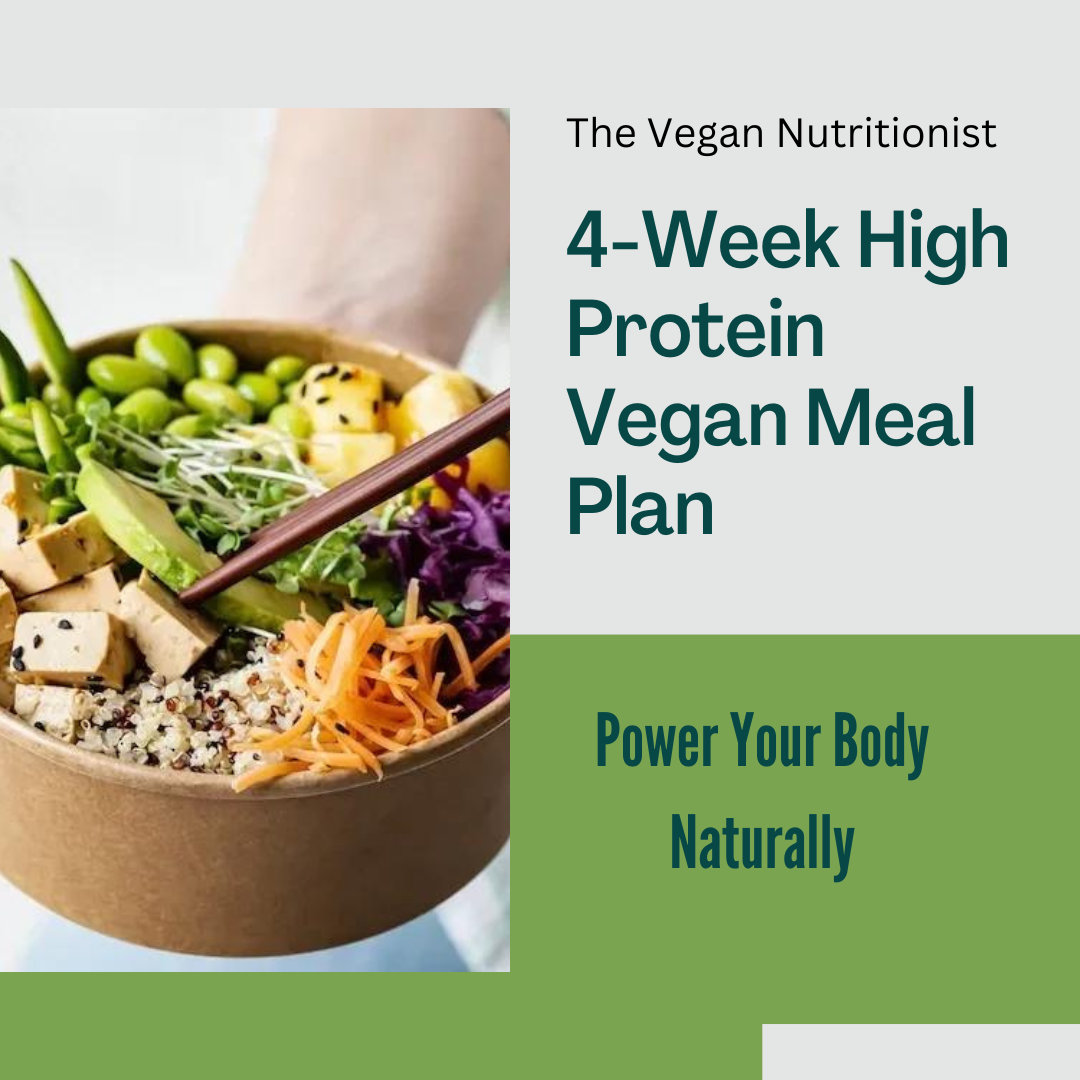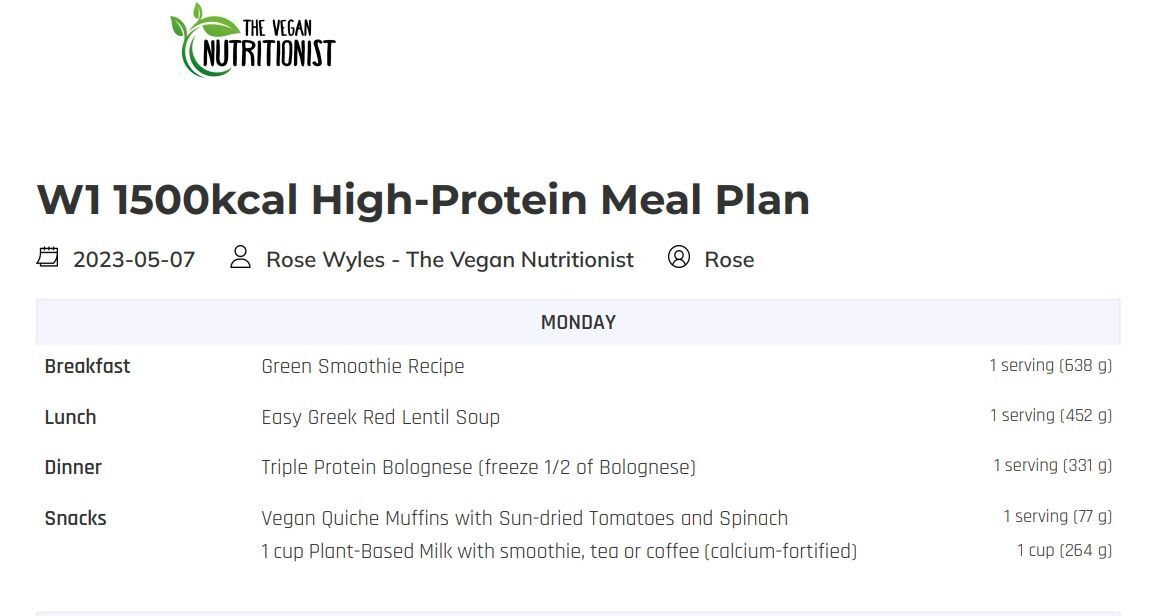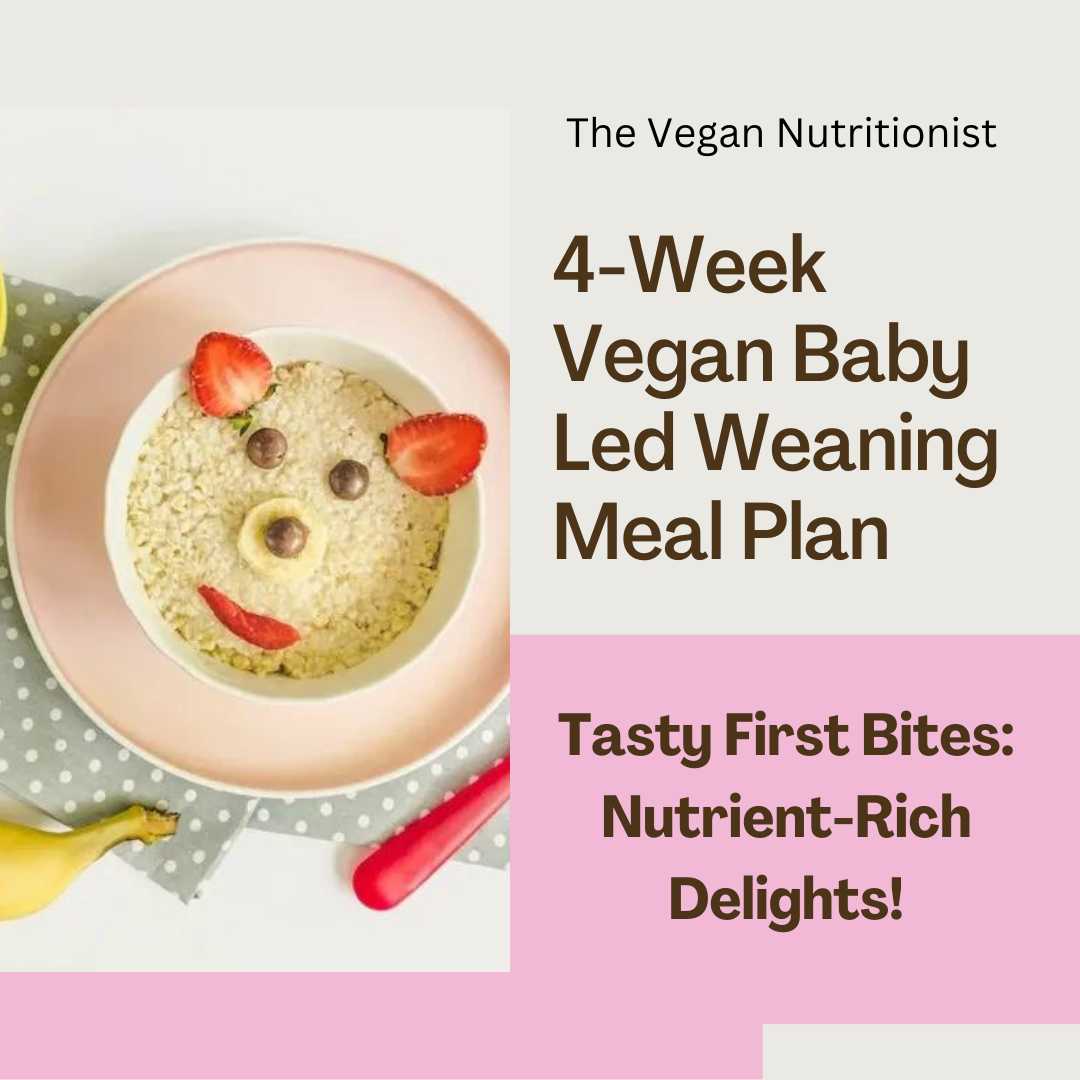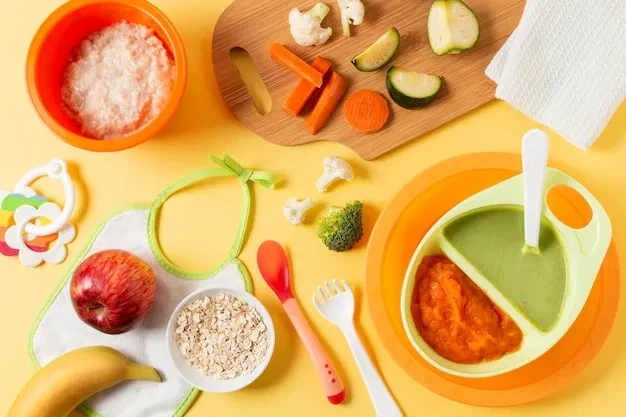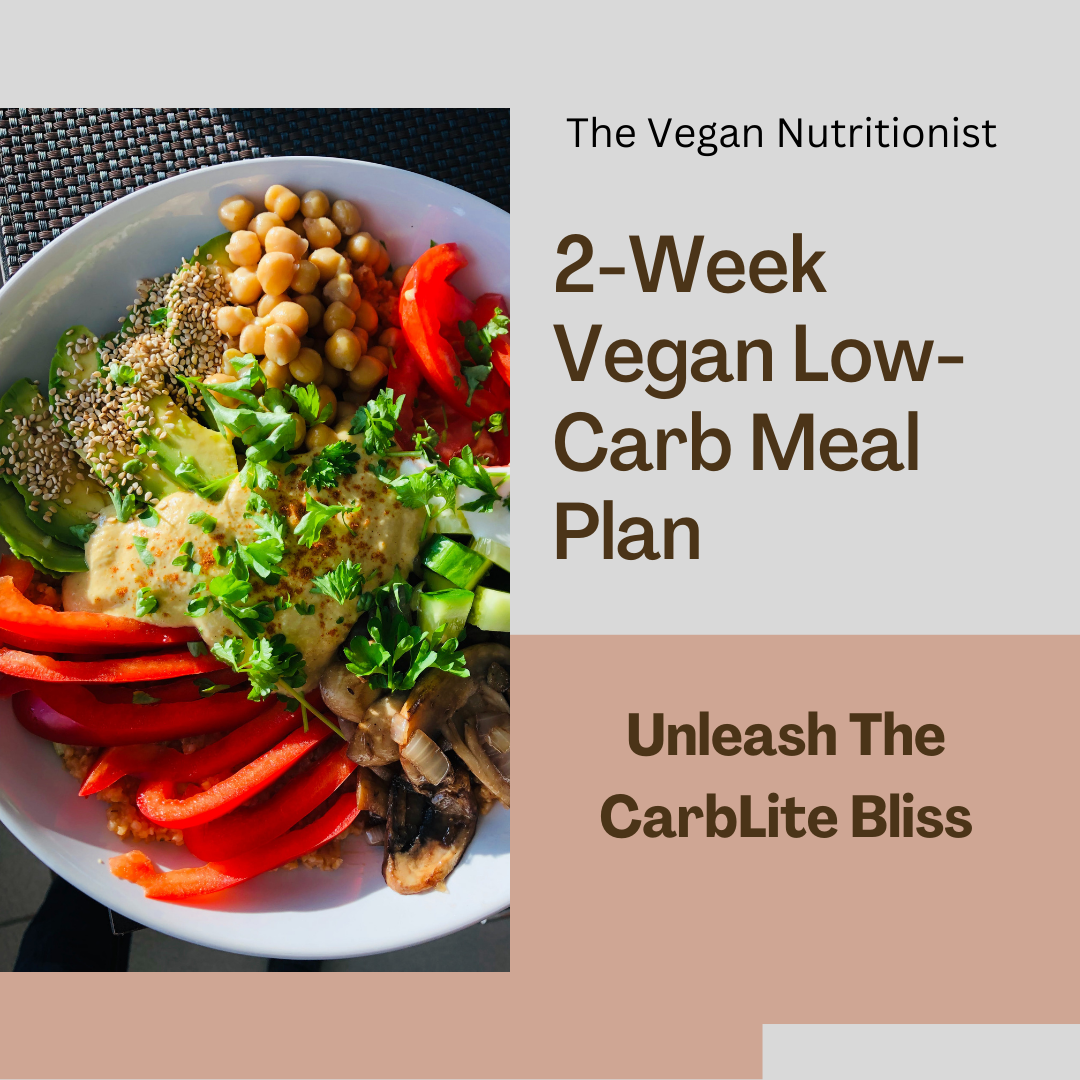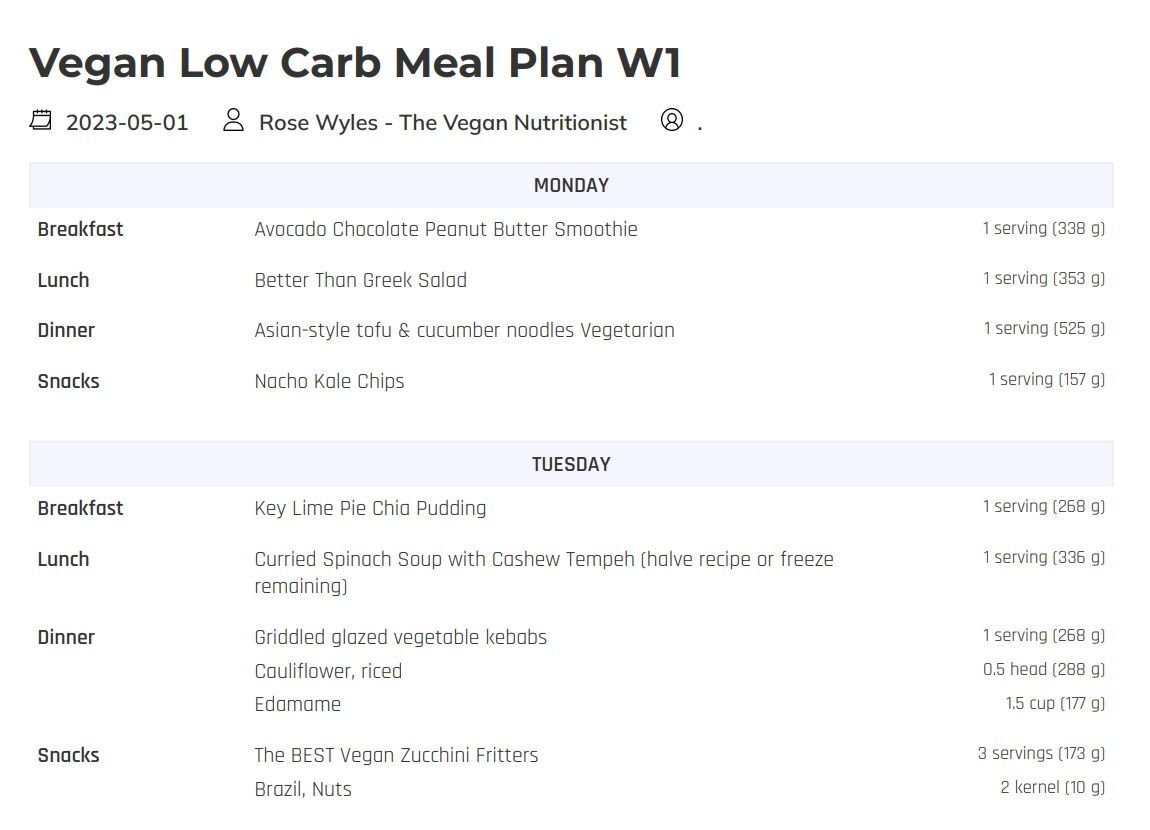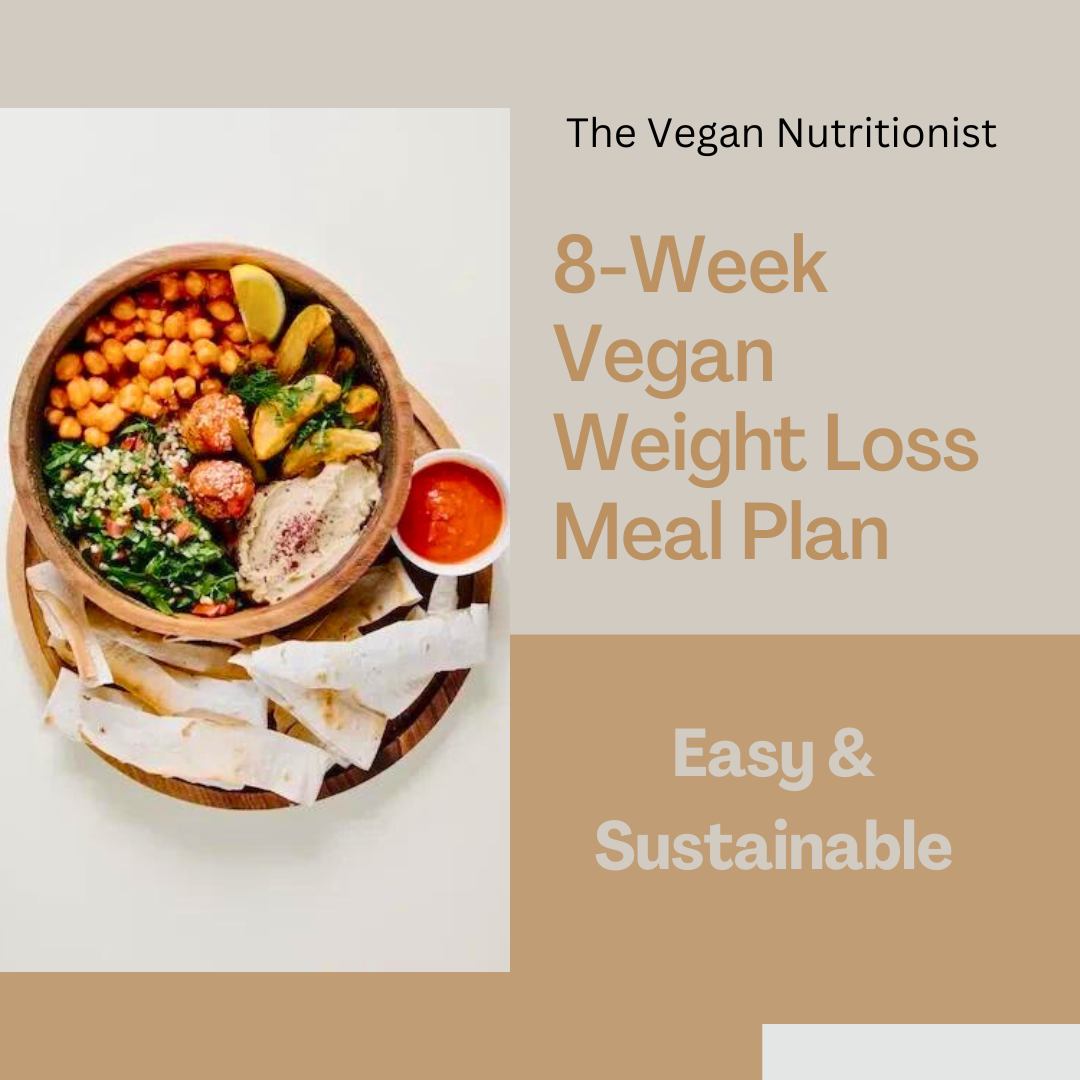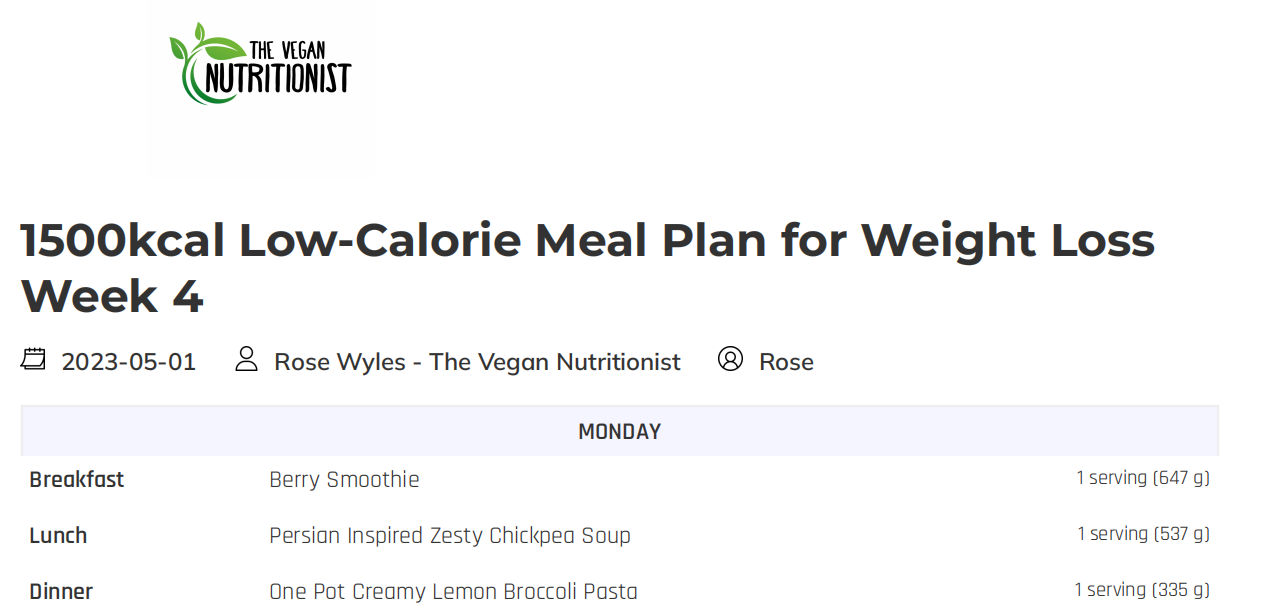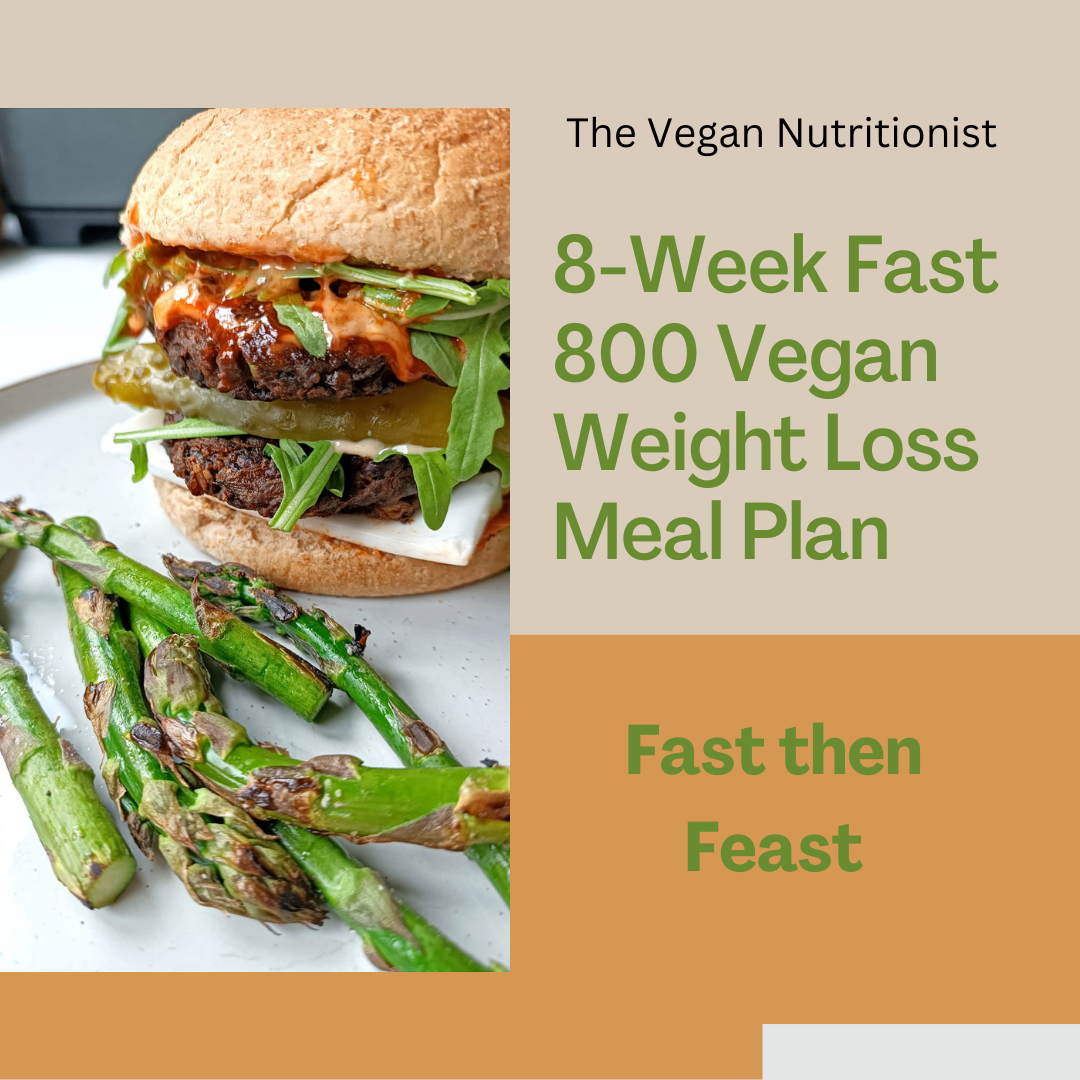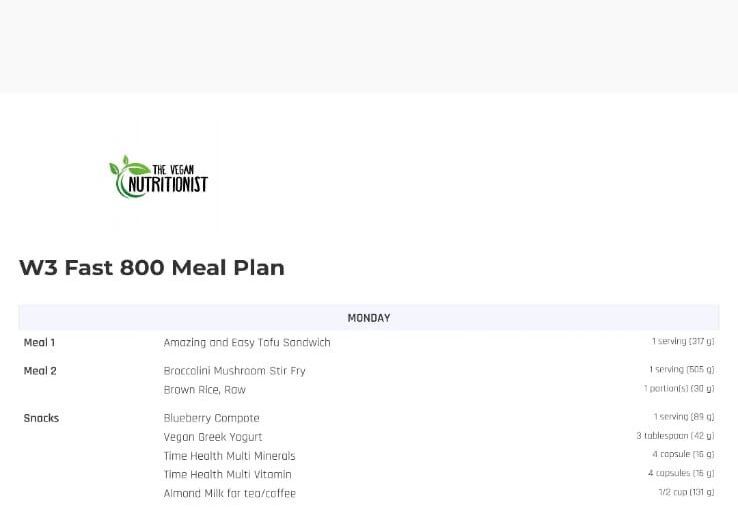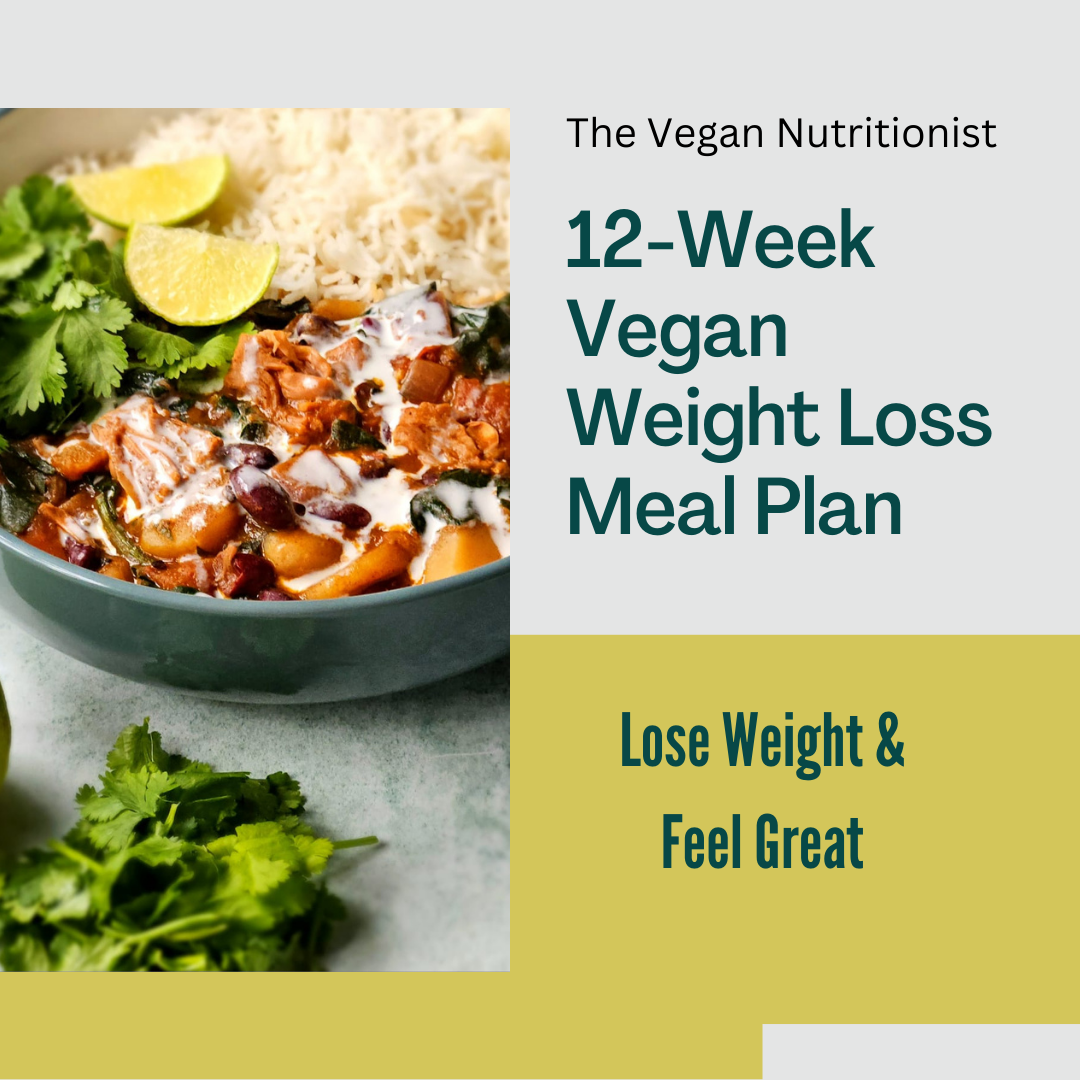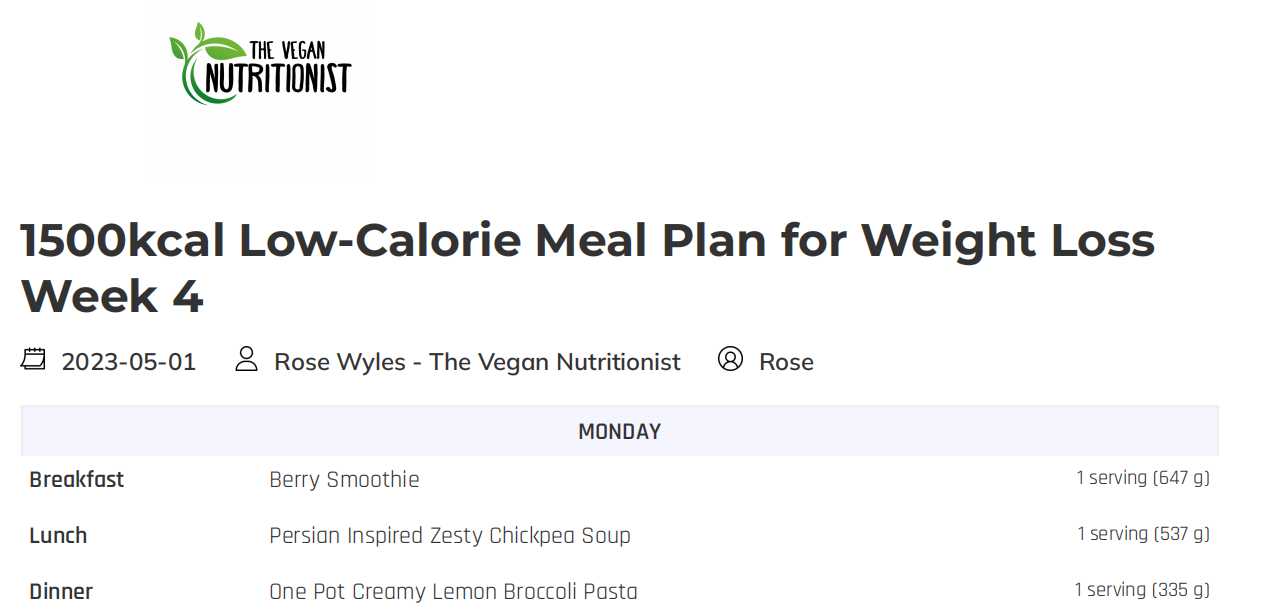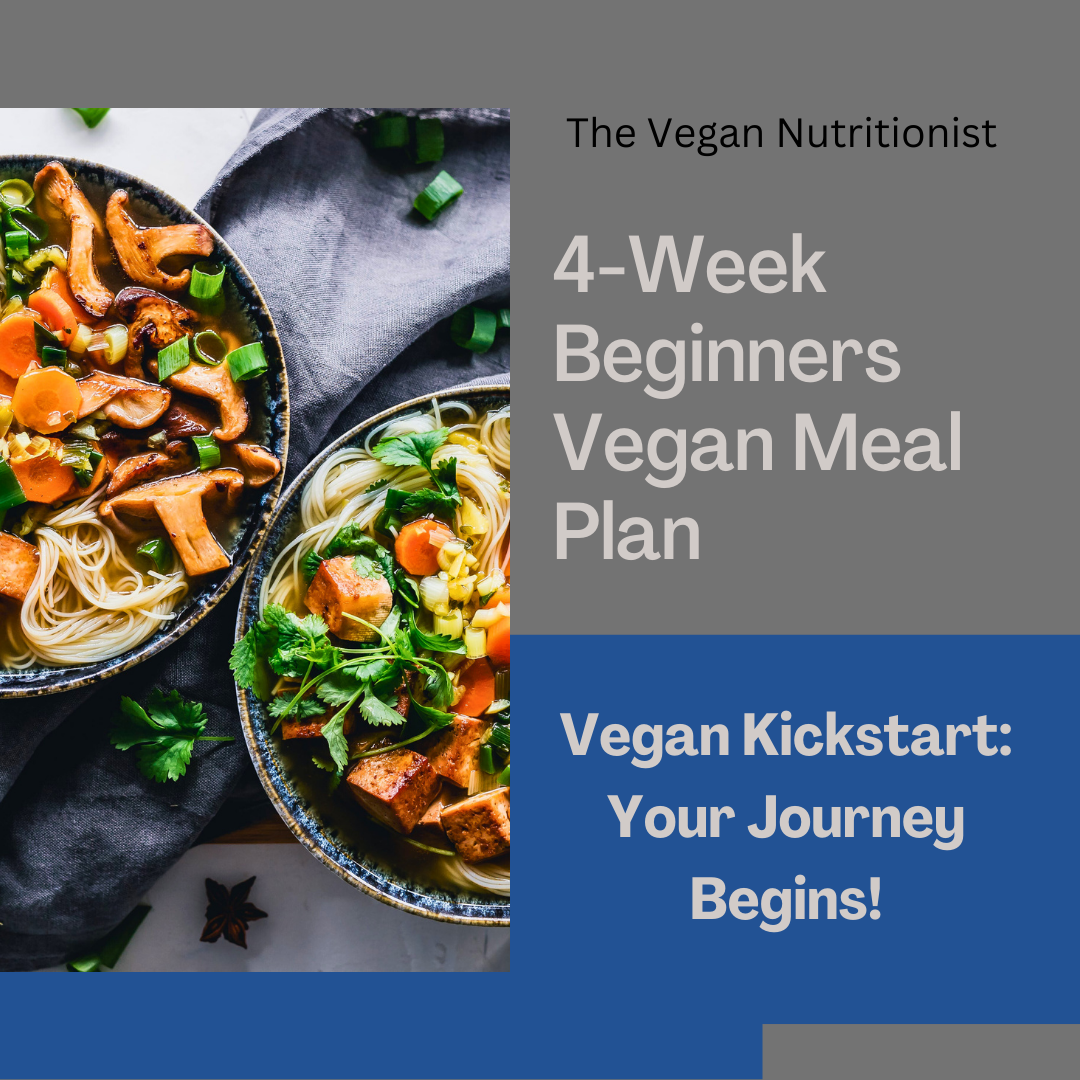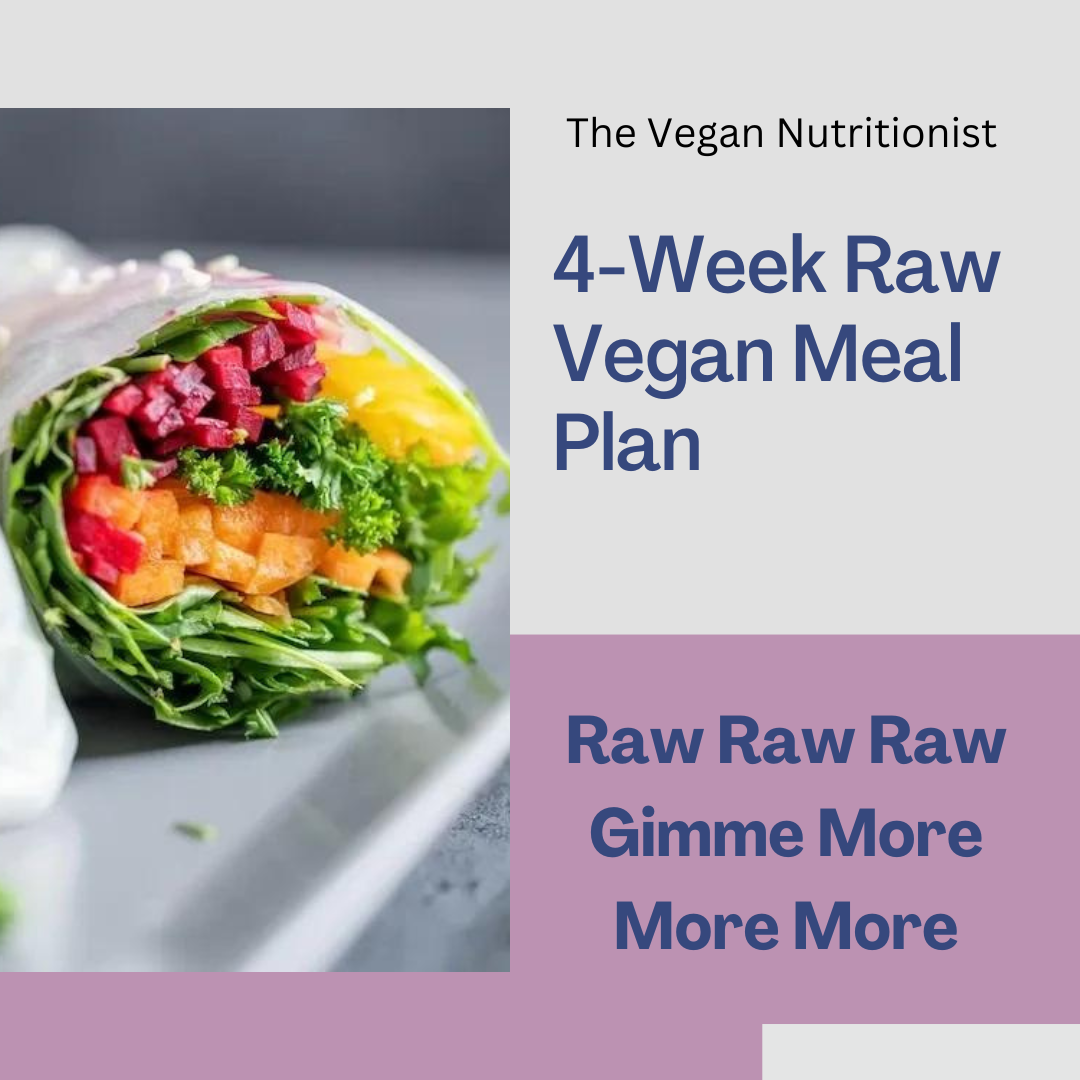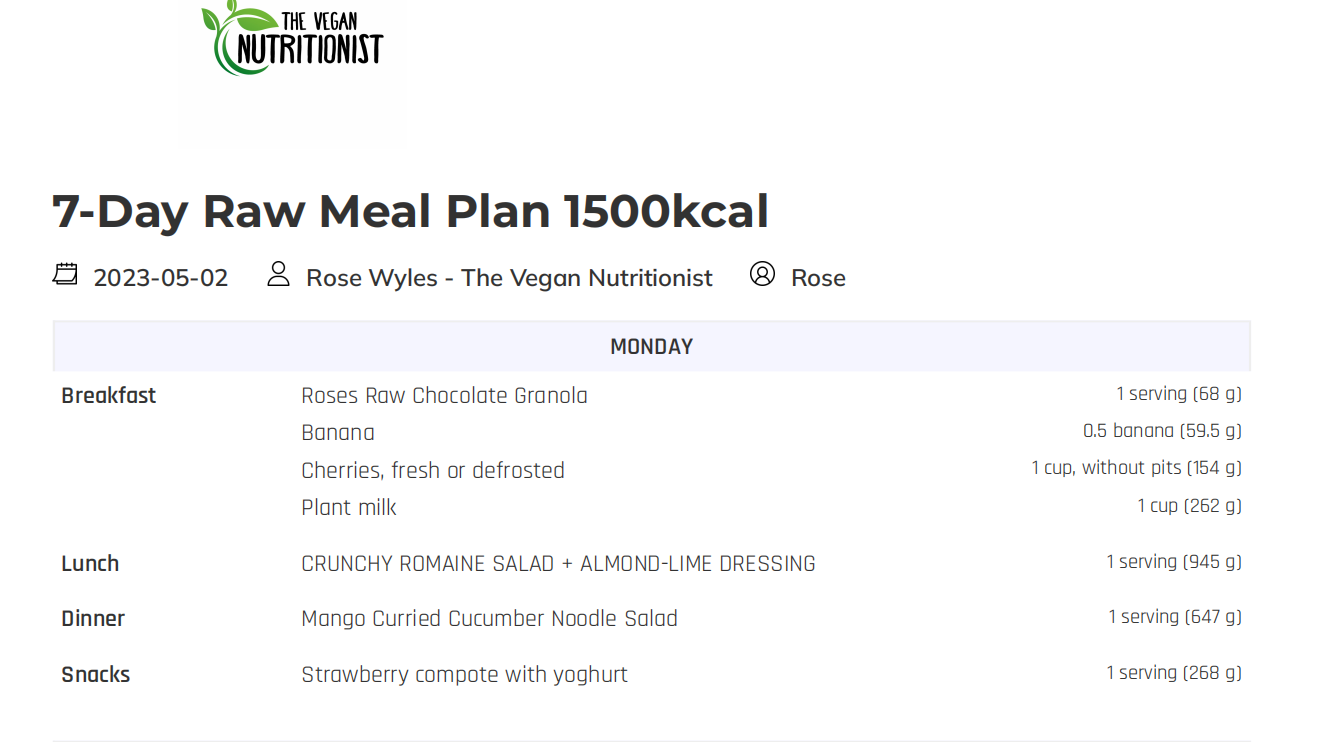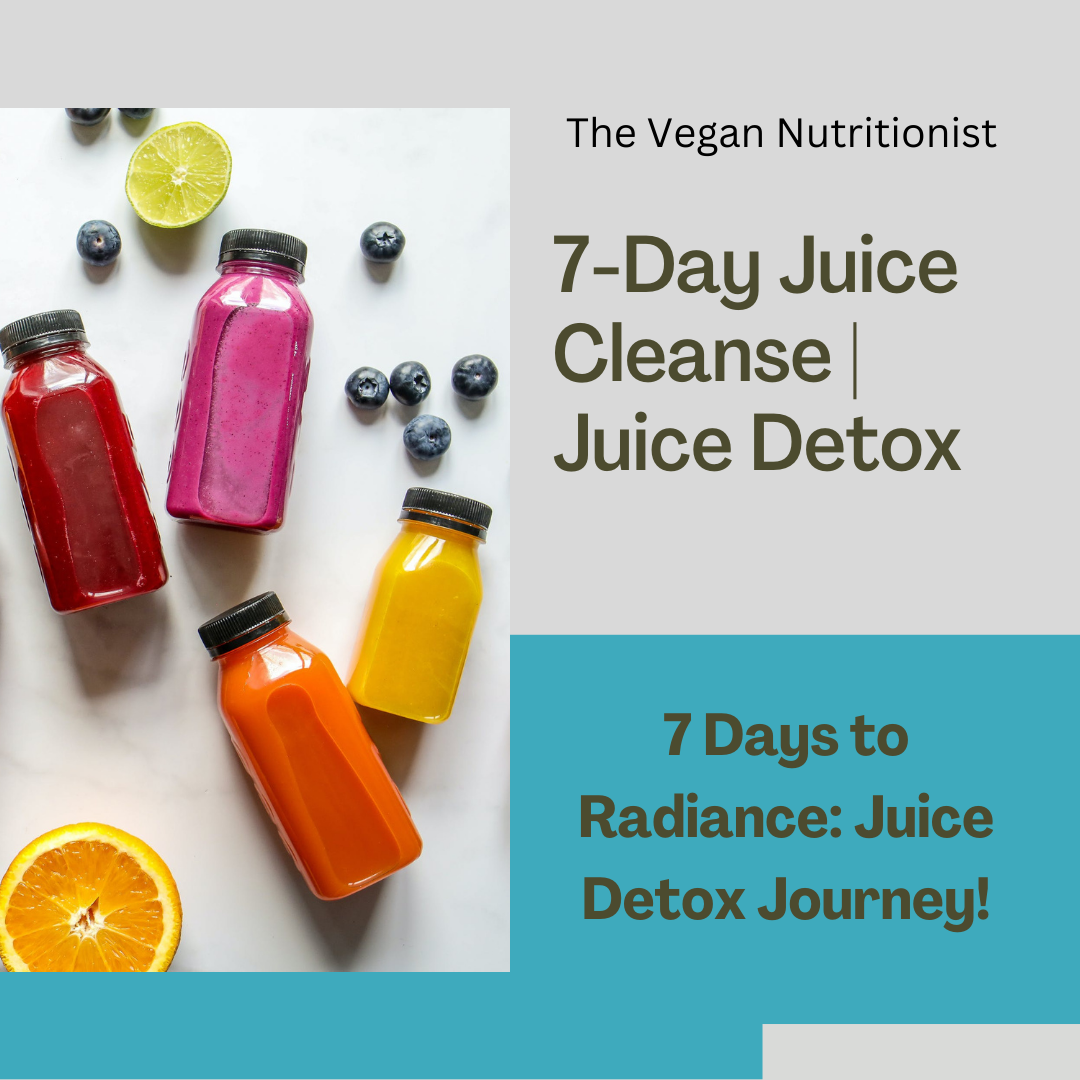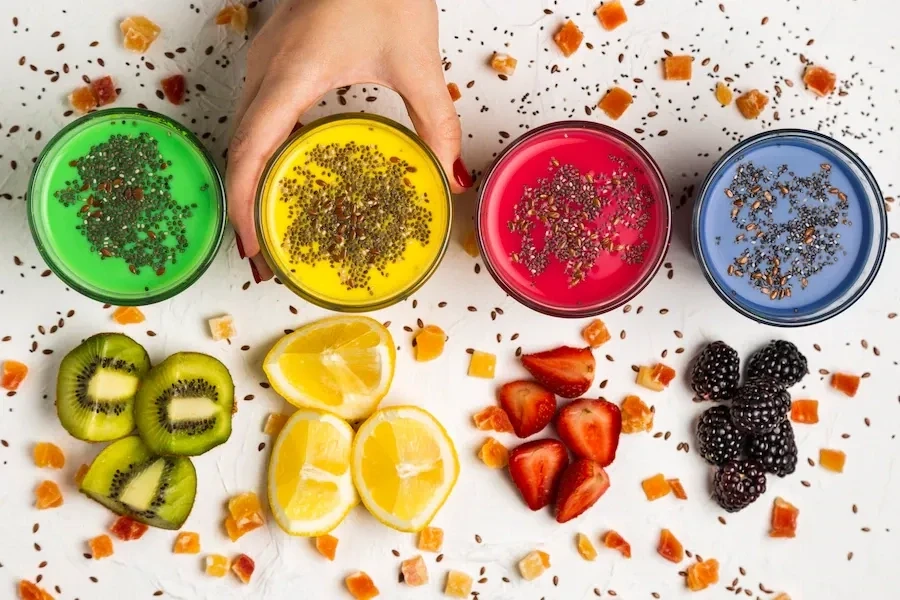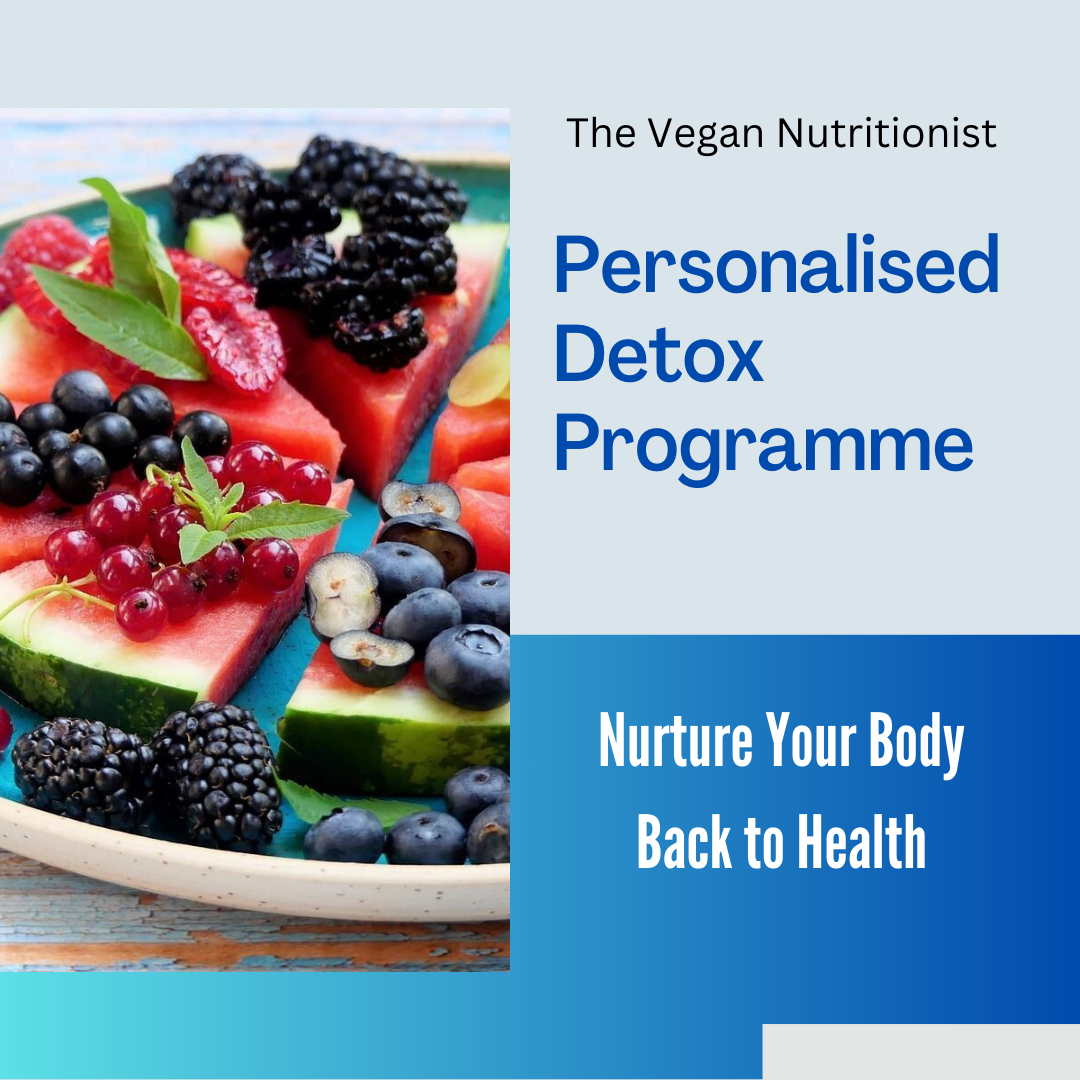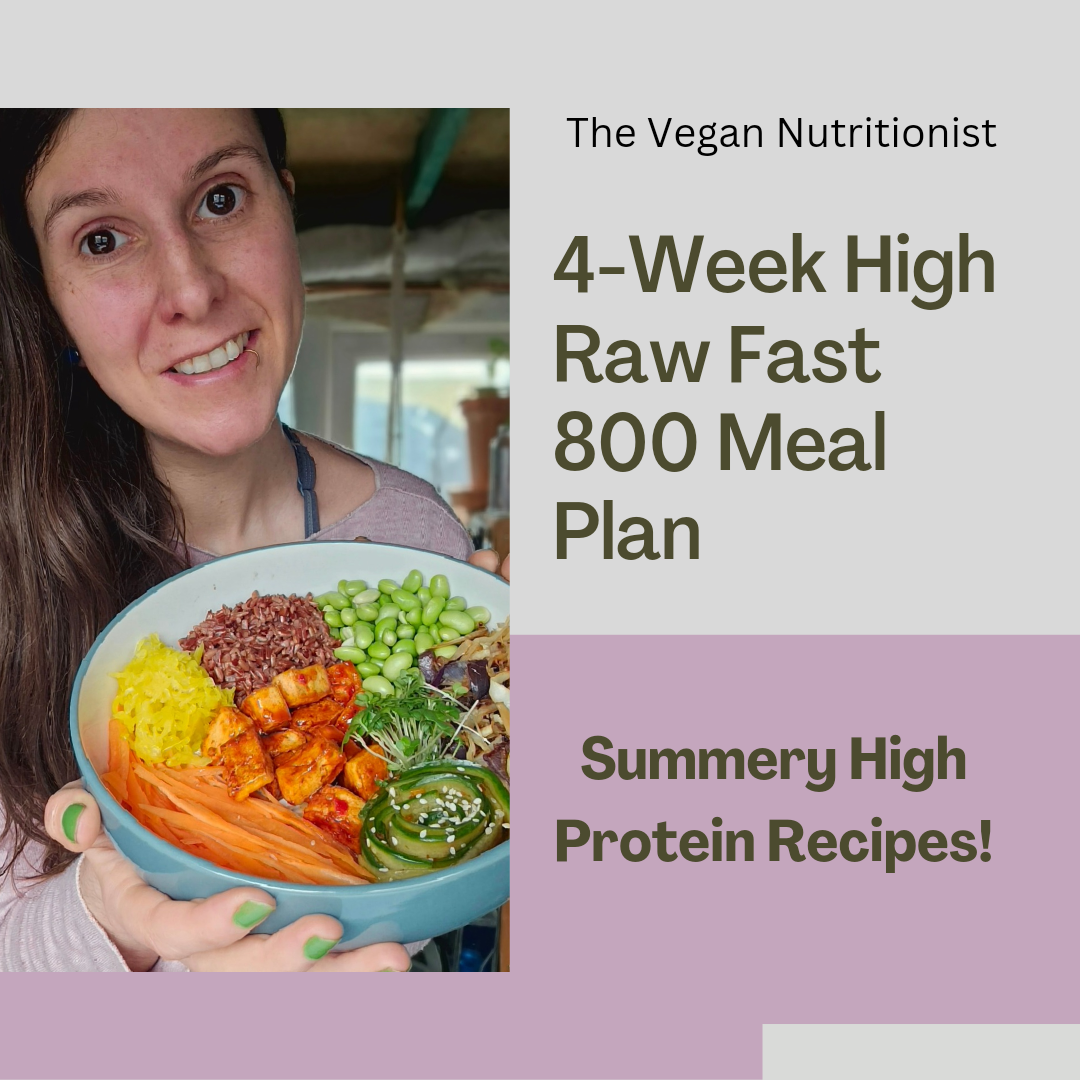Okra Stew
A delicious stew made with okra, fresh tomatoes and spices.
I recommend that people develop a taste for this beautifully unique vegetable, as the nutritional and health benefits are well and truly worth it!
This recipe is whole foods, vegan, gluten-free, oil-free, and suitable for people with diabetes. Serving can be without bread but a whole grain such as rice, quinoa, or bulgur wheat.

Okra, is a vegetable first discovered in Ethiopia during the 12th century, otherwise known as Bamia in Arabic or ladies fingers in English speaking regions, is a wonderful fasting-cooking bean. These tender pods are very low in calories, providing just 30 calories per 100g, and contain no saturated fats or cholesterol. They are also rich in nutrients, completely non-toxic, and have no adverse side effects.
Okra is high in both lectins and pectins, which have some fantastic benefits concerning cancer prevention.
A new Brazilian study published earlier this year in the journal Biology Letters discovered that a lectin found in okra killed up to 72 percent of human breast cancer cells in an in vitro setting, primarily by the induction of apoptosis – the programmed cell death of tumor cells. The researchers also found that this particular lectin, located in the okra seeds, slowed the growth of breast cancer cells by 63 percent.
An earlier study, performed in 2010 by French and Dutch researchers and published in the journal Phytotherapy Research found that the pectin could slow the growth of melanoma cells by 75 percent after a 48-hour treatment period. It was also found to multiply the apoptosis rate of the cells by a whopping 23 times.
With many benefits associated with okra, here are just some listed below:
- Lessens diabetes helps improve insulin sensitivity.
- Shown to be effective at lowering cholesterol (1).
- High in potassium so helps with improving blood pressure.
- Loaded with the fibre (2) that feeds your good gut flora thus, strengthening your immunity.
- Preventing and improving constipation, with aid to also help remove built-up waste in the colon (3).
- Reducing the risk of some forms of cancer, especially colorectal and breast cancer(4).
- Improving energy levels and improving symptoms of fatigue(5) and depression (6).
- Helping to treat sore throat, irritable bowel (7), ulcers, and lung inflammation.
- Polymers in okra show effective treatment for the bacterium infection Helicobacter pylori(8) (H. pylori).
- It helps prevent obesity (9), as low in calories and high in fibre, keeping you full for longer.
Okra stew has to be one of my favourite meals. I first discovered this vegetable in Asia, where okra is a staple vegetable, and have been obsessed with it ever since! I've made this recipe dozens of times, and by posting my photo's on my social media, many have asked for the recipe...
So here it is!
Okra Stew Recipe
Serves 2-4
INGREDIENTS
- 400g of fresh okra
- 1 onion
- 3 large fresh tomatoes, peeled, diced
- A handful of fresh coriander
- 1 tbsp cumin powder
- 1/2 tsp smoked paprika
- 1 tsp onion powder
- 1 tsp garlic powder
- 1 tsp low-salt vegan bullion stock powder
- 3 cloves of smashed garlic or 1 tbsp of garlic paste
- 1/2 lemon, juiced
- 1/2 cup water (for frying)
METHOD
- First, water fry your okra on medium for 10 minutes until half cooked.
- Add diced onion and cook another few minutes whilst you chop the tomatoes. Adding a little more water if it starts to dry out.
- Next, add your mashed garlic, tomatoes, stock powder and spices. Stir gently.
- Cook this down for 5-10 minutes, your okra should be cooked through now.
- Now, turn off the heat and add your lemon juice and chopped coriander.
- Stir gently, cook a further 2-3 minutes.
Enjoy!
Recipe by Rose Wyles - The Vegan Nutritionist
For professional assistance with adopting a healthy and nutritious plant-based diet, go to www.thevegannutritionist.co.uk/nutritionconsulting
Share this Post!

Reach out by sending me an email
Need assistance with your diet or health goals? I'm here to help. Send me a message and I'll be in touch.














